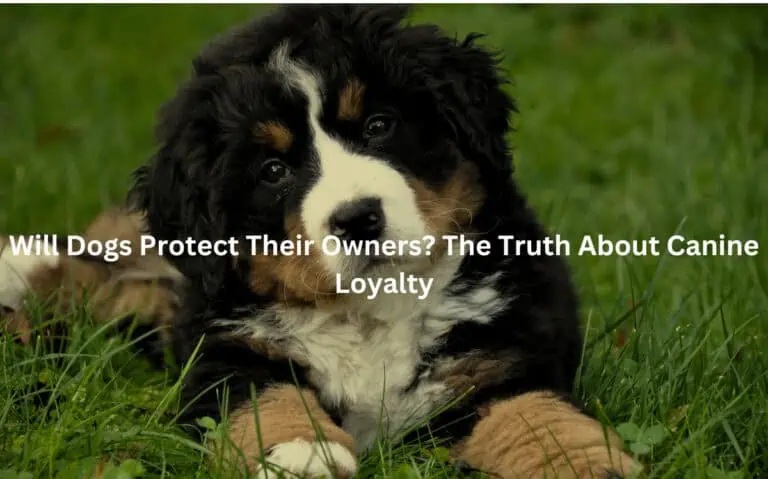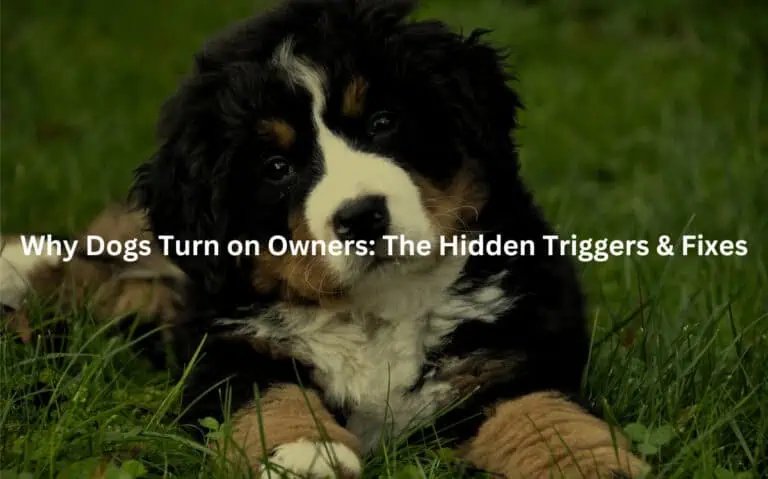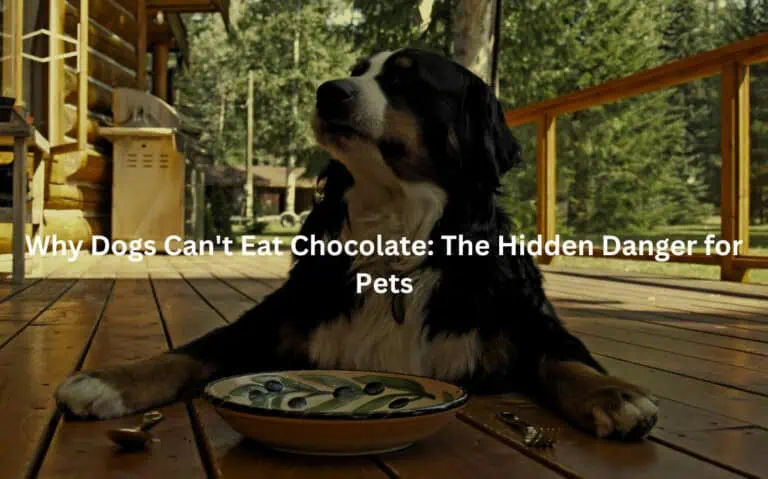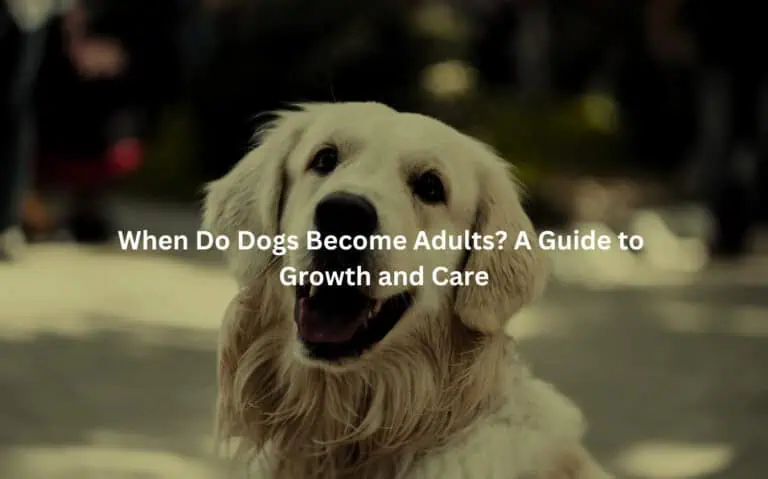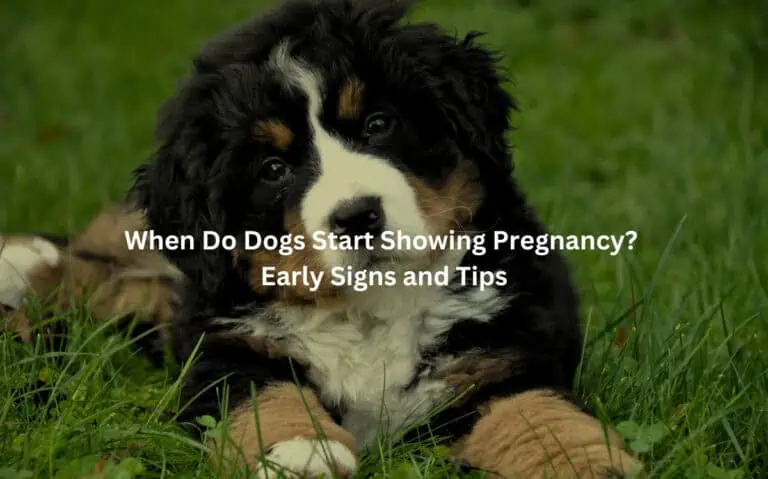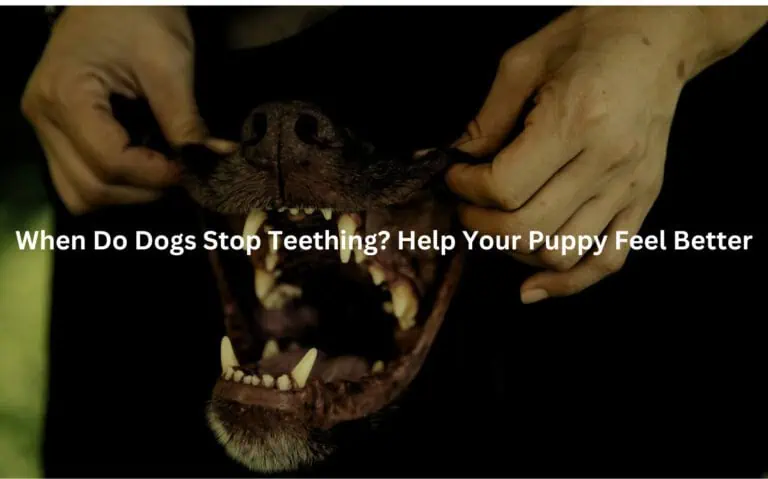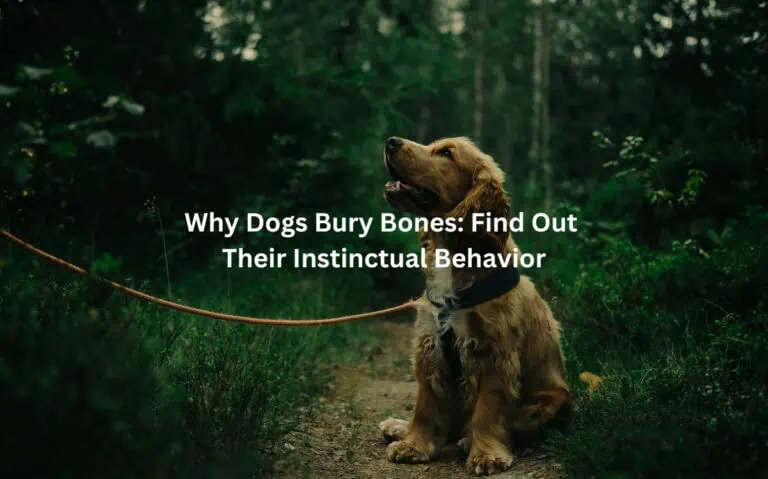Will Dogs Protect Their Owners? The Truth About Canine Loyalty
Dogs are known for their loyalty, but will they actually protect their owners? It depends. Breed, training, and past experiences all play a role. Some dogs instinctively guard their humans, while others lack the drive. Even protective breeds need proper training to recognize real threats. Without it, they may react aggressively in harmless situations—or fail…
